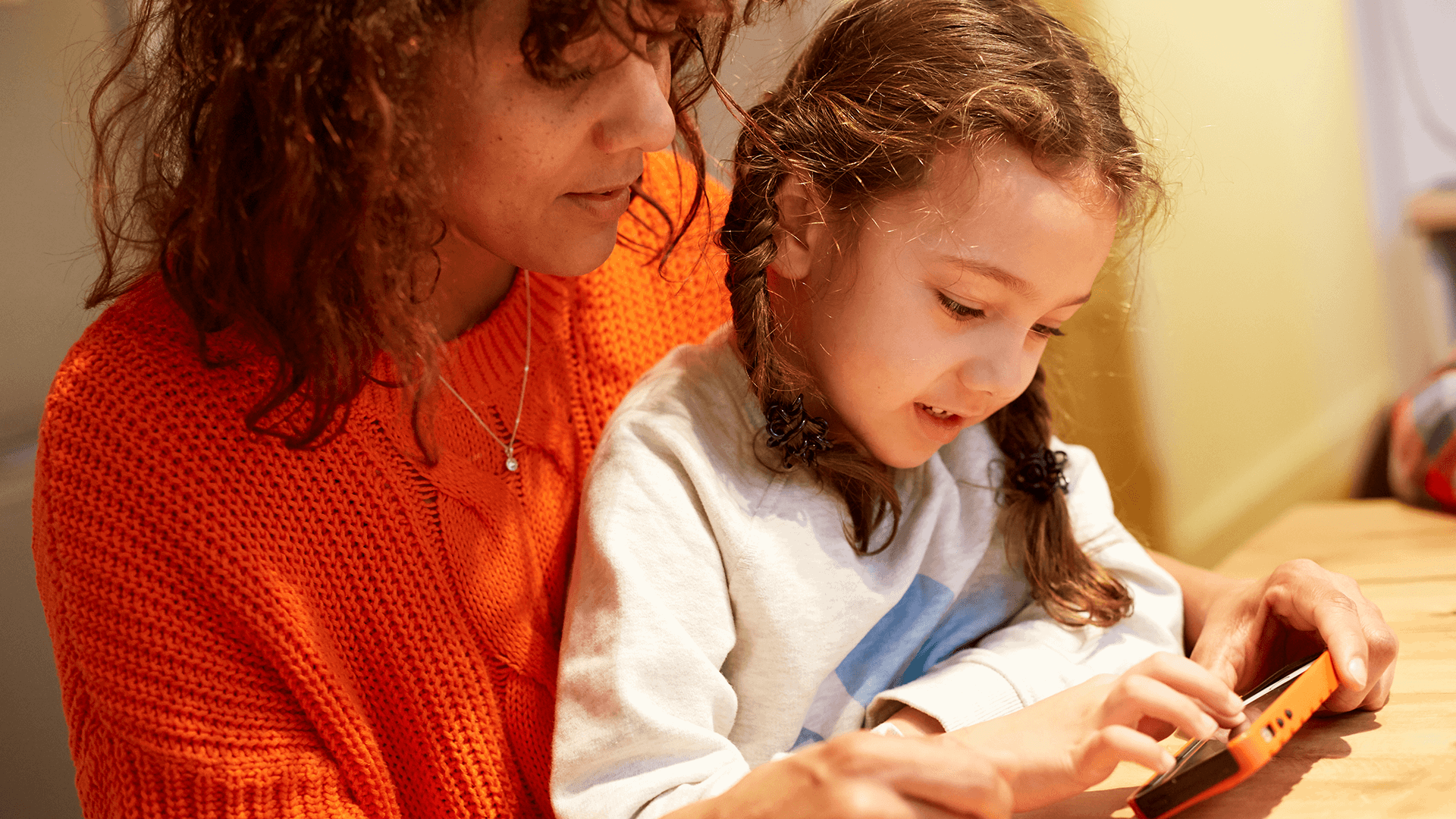Top Tips for Parenting Through Traumatic Events
Parenting through traumatic events requires prioritizing emotional safety – show love and listen. Maintain open communication for support and reassurance. Stick to routines and structure to provide stability and control. Model healthy coping strategies for your children to learn from you. Seek professional help if needed and encourage self-expression. Remember self-care for yourself is essential too. Connect with others for a sense of community and support. Educate yourself and your children about trauma’s effects. Finally, be patient, empathetic, and understanding with your children. These tips can guide you through challenging times with your family.
Key Takeaways
- Prioritize emotional safety through support and understanding.
- Maintain open communication to provide reassurance and support.
- Establish routines and structure for stability and predictability.
- Model healthy coping mechanisms for children to learn from.
- Seek professional help when needed for counseling and guidance.
Prioritize Emotional Safety

During traumatic events, prioritizing emotional safety for your children is essential for their well-being and resilience. Providing emotional support in times of distress can greatly impact how your children cope with the situation.
Your children look to you for guidance and reassurance, so being a pillar of strength and understanding is critical. Expressing your love and support openly can create a safe space for them to share their feelings and fears.
Trust building is another important aspect of prioritizing emotional safety. Your children need to feel secure in your presence and know that you’re there for them no matter what. Building trust involves actively listening to their concerns, validating their emotions, and being consistent in your responses.
This consistency helps reassure your children that they can rely on you during difficult times.
Maintain Open Communication

You might find it helpful to remember that honest talks and creating a safe space for your children are key when maneuvering traumatic events as a parent.
Encouraging open communication can provide a sense of security and support for your children during challenging times.
Honest Talks
In times of trauma, it’s essential to maintain open communication with your children to provide them with the support and reassurance they need. Having challenging conversations during difficult times can be intimidating, but it’s important for fostering understanding and resilience.
Be open about your emotions and vulnerabilities with your children; this will show them that it’s okay to express their feelings too. Active listening and empathy are key components of honest talks. Listen to your children without judgment, validate their emotions, and let them know that you’re there for them no matter what.
Encourage them to ask questions and express their concerns freely. By creating a safe space for open communication, you’re helping your children navigate through the difficult emotions that may arise during traumatic events.
Safe Space
Maintaining open communication with your children creates a vital space for them to express their feelings during traumatic events. This vital space plays an essential role in their healing process and emotional well-being. By fostering trust through open dialogue, you help your children feel secure and supported during challenging times.
Encourage your children to share their thoughts and emotions without judgment. Let them know that it’s okay to feel scared, sad, or confused. Acknowledge their feelings and validate their experiences, showing them that their emotions are important and worthy of discussion.
Building this vital space cultivates a strong foundation for trust. When children feel heard and understood, they’re more likely to open up about their struggles and seek comfort in times of distress.
Establish Routines and Structure

During challenging times, maintaining a consistent daily schedule and setting clear expectations can provide stability and a sense of security for your children.
By establishing routines and structure, you’re creating a predictable environment that helps children feel safe and supported.
This simple yet powerful approach can help your family navigate through traumatic events with a bit more ease and resilience.
Consistent Daily Schedule
Establishing a consistent daily schedule can provide stability and predictability for both you and your children during times of traumatic events. Consistency in bedtime and morning routines helps create a sense of security for your children. Having set mealtime and playtime schedules provides structure and something to look forward to each day.
Try to maintain regularity in your daily activities, even if the situation around you feels chaotic. This predictability can be a source of comfort for your children, helping them feel safe and secure. Setting aside specific times for meals and play allows you to create a sense of normalcy amidst challenging circumstances.
During traumatic events, routines can act as anchors, grounding both you and your children. Be flexible when needed, but aim to adhere to the established schedule as much as possible.
Consistent daily routines can offer a sense of control and stability during uncertain times, benefiting both you and your children’s well-being.
Clear Expectations Set
Creating clear expectations through established routines and structure is key to providing stability for both you and your children during challenging times. Setting clear boundaries and implementing effective discipline can help create a sense of security and predictability for your children.
Consistent routines, such as regular mealtimes, bedtime schedules, and designated study periods, can offer a sense of normalcy in an otherwise chaotic environment.
Incorporating structured activities and designated spaces for different tasks can also help in maintaining a sense of order and control. By establishing a structured environment, you can help your children feel more secure and grounded during traumatic events.
Consistency in your approach to parenting and in the rules you set can provide a reliable framework for your children to rely on.
Remember to communicate openly with your children about the expectations you have set. Encourage dialogue and address any concerns they may have about the established routines.
Model Healthy Coping Mechanisms

Show your children how to effectively manage stress and emotions by practicing healthy coping mechanisms yourself. Coping strategies play a vital role in handling traumatic events within family dynamics. When faced with challenges, your children look to you as a role model for stress management. By demonstrating positive coping mechanisms, you can teach them valuable skills for dealing with difficult situations.
Engage in activities that help you alleviate stress in a healthy way. Whether it’s exercising, meditating, or spending time with loved ones, show your children the significance of self-care during tough times. Communicate openly about your emotions and how you cope with them, creating a safe space for your children to do the same.
Modeling healthy coping mechanisms not only benefits your own well-being but also sets a positive example for your children. By demonstrating effective stress management techniques, you empower them to develop their own strategies for handling challenging situations.
Seek Professional Help When Needed
If you find yourself struggling to cope with the aftermath of a traumatic event while parenting, remember that seeking professional help is a sign of strength, not weakness.
Professional counseling can provide you with the tools and support needed to navigate through challenging times.
Recognizing the signs early and exploring therapy options available for parents can make a significant difference in your healing journey.
Professional Counseling Benefits
During times of trauma, seeking professional counseling can provide invaluable support and guidance for both you and your children. Therapy benefits extend beyond just coping strategies; they’re essential for your mental health and the healing process. Professional counselors are trained to help individuals navigate through difficult emotions, develop healthy coping mechanisms, and work towards healing and recovery.
Counseling offers a safe space for you and your children to express your feelings, fears, and concerns without judgment. Through therapy, you can learn effective ways to manage stress, anxiety, and other emotional challenges that may arise from traumatic events. It can also help you and your children build resilience, improve communication, and strengthen relationships.
Recognize Signs Early
In times of uncertainty and distress, it’s essential to pay attention to early signs of emotional distress in yourself and your children, seeking professional help promptly when needed. Early intervention is pivotal in managing the impact of traumatic events on mental health.
Be vigilant for warning signs such as changes in behavior, increased irritability, withdrawal from usual activities, or difficulty sleeping. These could indicate that your child is struggling to cope with the situation.
It’s important not to ignore these signs or dismiss them as temporary reactions. Seeking help from a mental health professional can provide the necessary support and guidance to navigate through challenging times. Remember, taking care of your mental well-being is just as important as your physical health.
If you notice persistent signs of distress in yourself or your child, don’t hesitate to reach out for help. Therapists and counselors are trained to assist in processing emotions and developing coping strategies. Remember, you don’t have to go through this alone, and seeking support is a proactive step towards healing and resilience.
Therapy Options for Parents
Consider exploring therapy options for yourself as a parent when you feel overwhelmed or in need of additional support during challenging times. Group therapy can offer a supportive environment where you can connect with other parents facing similar struggles. Sharing experiences and coping strategies in a group setting can provide a sense of community and understanding that individual therapy may not offer. Additionally, group therapy can help you realize that you aren’t alone in your feelings and that there are others who can relate to your situation.
Individual counseling is another valuable option that allows you to work one-on-one with a therapist to address your specific needs and concerns. This personalized approach can help you explore your emotions, develop coping mechanisms, and work through any underlying issues contributing to your distress. By seeking individual counseling, you can receive tailored support that focuses on your unique experiences as a parent dealing with traumatic events.
Encourage Self-Expression and Validation

Support your child in expressing their feelings and emotions openly and validate their experiences during traumatic events.
Encouraging self-expression can help your child process and cope with difficult emotions. Consider incorporating art therapy or journaling as outlets for them to creatively express themselves.
Art therapy allows children to communicate their feelings visually, while journaling provides a private space for them to articulate their thoughts.
Additionally, music therapy or group therapy can be beneficial in fostering a sense of community and emotional support. Music has a unique way of connecting with emotions, and participating in group therapy sessions can help your child feel understood and supported by peers facing similar challenges.
Practice Self-Care as a Parent
Prioritize your well-being by practicing self-care as a parent during traumatic events. It’s essential to set self-care boundaries to make sure you have the mental stamina to support your family. Remember, you can’t pour from an empty cup.
Joining parenting support groups can provide a sense of community and understanding, helping you feel less isolated in your struggles.
Taking care of your mental health is just as vital as caring for your physical health. Engage in self-care activities that bring you peace and relaxation, whether it’s meditation, exercise, or simply taking a moment to breathe deeply. Don’t underestimate the power of self-compassion during challenging times; be gentle with yourself.
Seek out professional help if needed, as your well-being directly impacts your ability to support your children. Remember, by taking care of yourself, you’re setting a positive example for your family on the importance of self-care.
Foster a Sense of Community and Support

During traumatic events, connecting with others can provide a valuable source of strength and comfort for both you and your family. Building a sense of community is essential in maneuvering difficult times.
Seek out parent groups or community organizations that offer support networks where you can share experiences, gain insights, and feel less alone in your struggles. These groups can provide a safe space for you to express your feelings and receive empathy from those who understand what you’re going through.
In addition to local support networks, consider utilizing online resources to connect with a broader community. Online forums, social media groups, and virtual support sessions can offer a platform for you to interact with other parents facing similar challenges. These platforms can be especially beneficial when in-person interactions are limited.
Educate Yourself and Your Children
Consider educating yourself and your children about traumatic events to help them understand and cope with the challenges they may face. Trauma education plays an essential role in assisting both parents and children in maneuvering through difficult situations. By learning about the impacts of trauma on child development, you can better support your children‘s emotional well-being.
Understanding how traumatic events can affect children at different stages of development is key. Young children may not have the words to express their feelings, while teenagers might withdraw or act out. By educating yourself on the signs of trauma in children, you can intervene early and provide the necessary support.
Moreover, teaching your children about trauma can empower them to better comprehend their emotions and reactions. By fostering open discussions and creating a safe space for communication, you’re helping them build resilience and coping skills.
Be Patient and Understanding
To effectively support your children through traumatic events, it’s important to be patient and understanding of their emotions and reactions. Practice empathy by putting yourself in their shoes and trying to understand their perspective. Listen actively to what they’ve to say without judgment or interruption. Your patience and understanding will create a safe space for them to express themselves openly.
During challenging times, it’s essential to stay calm and composed. Your children look to you for stability and reassurance. Validate their feelings by acknowledging their emotions as valid and understandable. Let them know that it’s okay to feel upset, scared, or confused. By validating their emotions, you show them that you respect their feelings and that it’s normal to react the way they are.
Frequently Asked Questions
How Can I Help My Child Cope With Nightmares After a Traumatic Event?
Nightmares after trauma can be tough for your child. Help by listening, offering comfort, and creating a safe bedtime routine. Consider anxiety management techniques and art therapy to express feelings. You’re not alone in this.
Is It Normal for My Child to Regress in Their Behavior?
It’s common for children to regress in their behavior after a traumatic event. Provide extra support, patience, and reassurance during this time. Implement coping strategies like talking openly, creating a safe environment, and seeking professional help if needed.
Should I Shield My Child From News About the Traumatic Event?
You should set media boundaries for your child and limit their exposure to news about the traumatic event. As a parent, your role is to provide emotional support and create a safe space for your child to process their feelings.
What Are Some Signs That My Child May Need Professional Help?
If your child displays persistent changes in behavior, mood swings, trouble sleeping, or withdrawing from activities, these could be warning signs. Early intervention by seeking professional help can provide support and guidance for your child’s well-being.
How Can I Balance My Own Self-Care With Caring for My Child?
To balance self-care with caring for your child, start by self-reflecting on your needs and coping mechanisms. Set boundaries and communicate openly with your child about your feelings. Prioritize self-care to be the best support for your child.
Conclusion
Remember, parenting through traumatic events can be challenging, but with the right strategies and support, you can help your children navigate these difficult times.
By prioritizing emotional safety, maintaining open communication, and seeking professional help when needed, you’re providing a strong foundation for your family to heal and grow together.
Remember to take care of yourself, stay patient, and lean on your community for support. You aren’t alone in this journey.

Hey there! 👋 I’m a proud mom and passionate writer, sharing my parenting journey. 📝 Join me as I navigate the ups and downs of motherhood, offering tips, advice, and a sprinkle of humor along the way. 🌟







